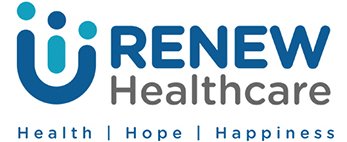Who Should Consider Infertility & Prenatal Genetic Counselling?
Prenatal genetic counselling is recommended for couples who have a family history of genetic disorders or have had a child with a genetic disorder. It is also recommended for couples who have had recurrent pregnancy loss or have a known carrier status for specific genetic mutations.
Prenatal genetic counseling is recommended for individuals or couples who are already pregnant or planning a pregnancy and want to understand their risk of passing on genetic disorders to their child. Here are some specific situations in which prenatal genetic counseling may be especially beneficial:
Advanced maternal age: Women over the age of 35 have a higher risk of having a child with chromosomal abnormalities, such as Down syndrome. Prenatal genetic counseling can help these individuals understand the risks and options available for prenatal testing or assisted reproductive technologies.
Previous pregnancy complications: If you have had previous pregnancy complications, such as multiple miscarriages, stillbirths, or a child with a genetic disorder, prenatal genetic counseling can help you understand the potential genetic factors that may have contributed.
Family history of genetic disorders: If you or your partner has a family history of a genetic disorder, such as cystic fibrosis, sickle cell anemia, or Tay-Sachs disease, prenatal genetic counseling can help you understand the risk of passing on the disorder to your child and options for prenatal testing or assisted reproductive technologies.
Positive prenatal screening or testing: If you have received positive results from prenatal screening or testing, such as NIPT or amniocentesis, prenatal genetic counseling can help you understand the implications of the results and the available options.
Consanguinity: If you and your partner are related, such as being first cousins, there is a higher risk of passing on genetic disorders. Prenatal genetic counseling can help you understand the risks and available options to reduce the risk.
